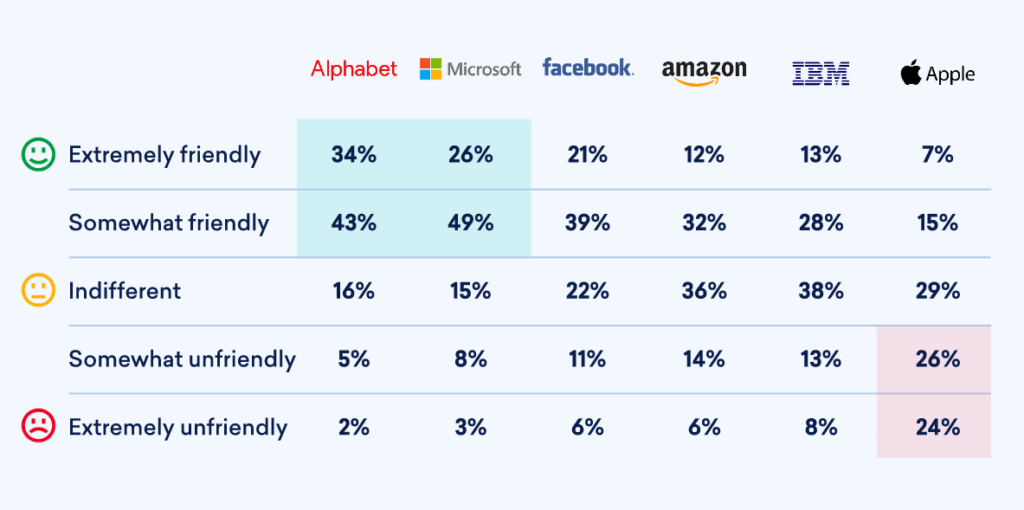
When the first open source software products were published, many IT businesses were terrified. For instance, Microsoft was so hostile to the concept of open code that the father of Linux, Linus Torvalds, still is suspicious of the company – although Microsoft has completely changed its strategy in favor of open source. Open source community is an extremely complex web of people, businesses and projects, but DigitalOcean has conducted a survey that measured the state and sentiments of developers for the 2020s.
DigitalOcean surveyed about 5800 people around the world for the Currents report that looks at the current state and future trends of open source software.
I think everyone who has been involved with open source projects has experienced highs and lows in their projects and communities. That is what the report reflects as well. Additionally, giant corporations of the IT industry that have adopted open source into their strategies divide opinions.
The writers of the Currents report consider the following three points as the key findings of the survey:
- Attitudes regarding the state and future of the open source community are positive. Participation in open source projects increased 8% from last year’s survey. 60% had increased their involvement in open source.
- Open source communities need to improve the way they treat new members. Especially young developers and women who want to join an open source project expect a welcoming, inclusive environment.
- Big tech companies are in open source community to stay, but they divide opinions. Part of developers see the investments big corporations are making in open source as an extremely important resource, whereas others fear business interests are a threat in the long run.
Overall, developers see the future of open source bright: 84% of respondents were optimistic about it. Yet, when asked if the current form of open source development is sustainable, 63,8% answered yes. This is an important finding in the survey. One third is unsure or doesn’t believe the current model is sustainable.
Now, when I think about open source projects that have managed to survive and become long-term projects, they are led by a core team that often works for an enterprise that generates revenue from the software. For instance, Automattic is behind WordPress, and Nextcloud Gmbh is behind Nextcloud.
Not everyone in the open source community is happy that commercial enterprises make decisions for development projects they dearly love. In 2018, ClassicPress project sprang off of WordPress because of disagreements how decisions were made for WordPress 5. Nextcloud was forked from OwnCloud.
The way big tech companies see open source is a completely different matter. Years ago, when I worked for a big tech enterprise, and we examined open source, we had two questions. Will there be legal problems with the licenses, and how does the company benefit from an investment in open source?
Well, time has passed since then, and even large corporations have discovered ways to make use of open source and benefit from it – apart from one fruit company that runs its own closed ecosystem.
The survey asked opinions how developers view the involvement of big tech companies in open source. Alphabet (Google), Microsoft and Facebook were regarded friendly players. Apple was seen as an unfriendly company.
The results reflect the open source actions of major corporations. Google and Microsoft contribute to projects, and also exploit open source software, whereas Apple hides in its own, extremely profitable world of proprietary technology.
The 2020s is looking good for open source. More money and more people than anyone ever expected is already committed to projects. DigitalOcean’s report refers to $32 billion USD revenue generated by open source by 2023, and more than 30 million developers have contributed to an open source project. It is a force that can go on for a long time.
Via Linux Insider.

